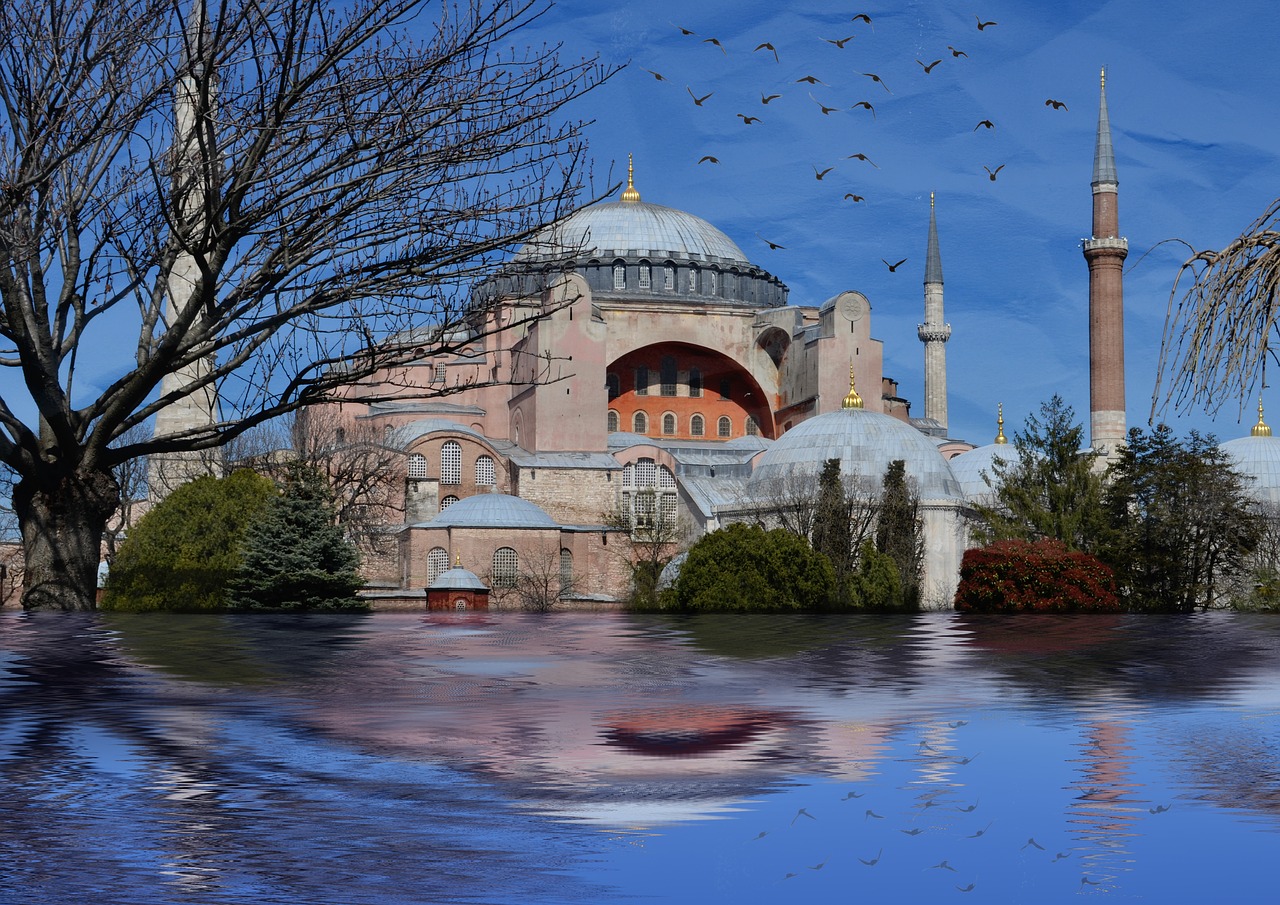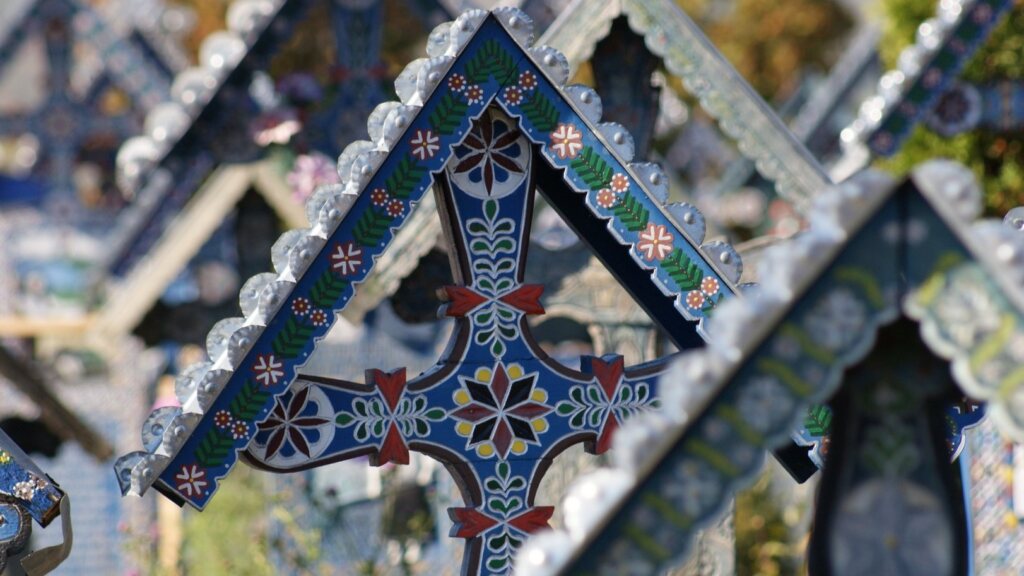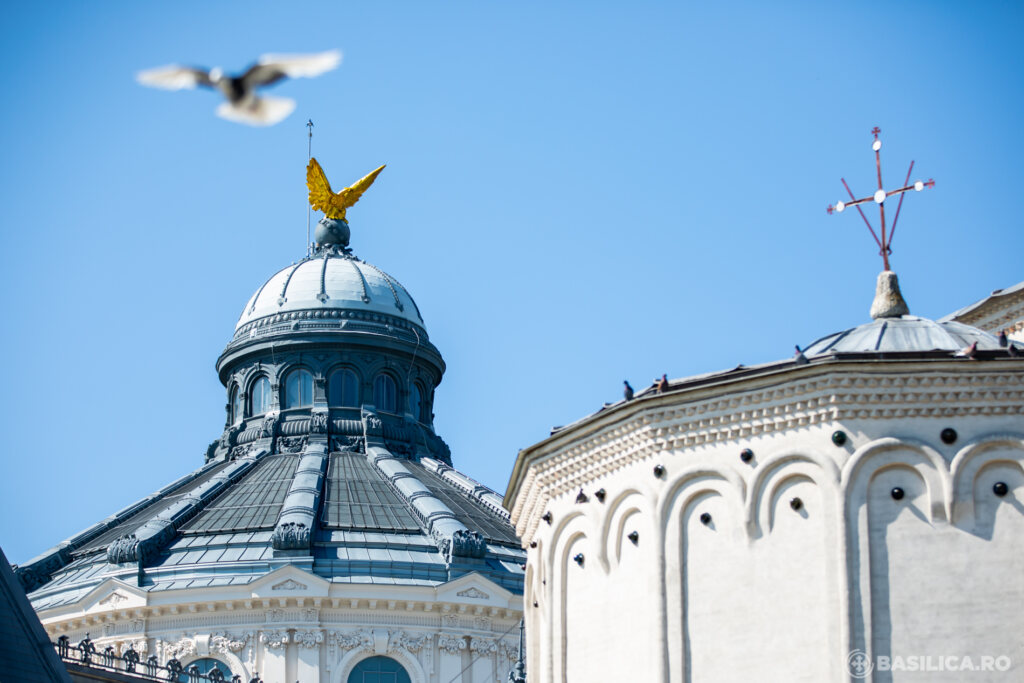The Committee of the Representatives of the Orthodox Churches to the European Institutions (CROCEU) expressed its deep regret concerning Turkey’s unprecedented violation of the UNESCO rules by changing the status of Istanbul’s Hagia Sophia from a museum into a mosque.
CROCEU has issued a statement in which it says the action violates historical memory and religious pluralism and it recalls the fact that the European Parlament asked the Turkish government last year to fulfill its legal obligations to protect cultural heritage.
“Hagia Sophia has played a decisive role in the shaping of the Christian liturgical tradition. It has served as a Cathedral from 537 until 1453, for almost a thousand years. Hagia Sophia is a masterpiece of architectural genius, globally renowned as one of the preeminent monuments of Christian civilization worldwide. Hagia Sophia, throughout the centuries and even in our days, has been a global source of immense inspiration as a spiritual, artistic, and architectural miracle,” state the CROCEU members.
This determined UNESCO to include it, in 1985, on the world heritage list “as an architectural masterpiece that has withstood destruction, both natural and human.”
“In a time of Democracy, Human Dignity and Rule of Law, the effort to erase the ancient Christian origins of Hagia Sophia and to convert such a monument that belongs to the entire Human Civilisation in such a brutal way is incomprehensible, deplorable and dangerous,” writes CROCEU in its official statement.
“Furthermore, we are sure that this will also have a significant impact on the ongoing inter-religious dialogue since the site has powerful visible and invisible Christian symbols”.
“The normative character of the values for which the European Union stands demands a firm solidary answer. The EU institutions, and especially the European Commission, as guardians of these European and Universal values and as the voice of European citizens, can play a unique role in preserving the world’s cultural heritage, historical memory, and religious pluralism”, continues the statement.
“It is actually in moments like this that the significant role of the Special Envoy for the promotion of freedom of religion or belief outside the EU becomes ever-more obvious”, conclude the CROCEU members.
They also call upon all those of goodwill to react to the decision of the Turkish authorities.
Established in 2010, the Committee of the Representatives of the Orthodox Churches to the European Institutions (CROCEU) brings together the representatives in Brussels of the Ecumenical Patriarchate of Constantinople, the Patriarchate of Moscow, the Patriarchate of Romania, the Patriarchate of Bulgaria, the Church of Cyprus and the Church of Greece.
Its main goal is to articulate with a common voice the concerns and the perspectives of the Orthodox Church on EU-related matters.
Photo credit: Pixabay.com






